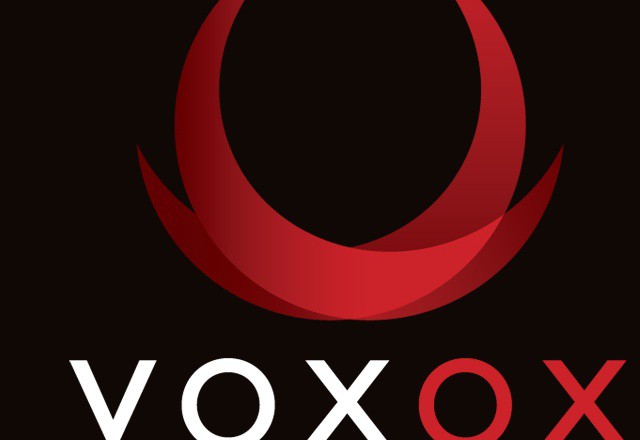When will Apple sell its 10 billionth app? Next Friday morning (PST), according to my calculations.
Here’s how I worked it out. We took a screenshot of Apple’s app counter at about 8am on Jan 14th for our first report about the sweepstakes. It showed ~9,775,350,000.
At 8am this morning (Jan 16), it showed ~9,830,422,000. That’s a difference of about 55,072,000 apps in 48 hours, which means apps are being sold at a rate of ~1,147,333 apps an hour. (CNet says Apple is selling 1,000 apps every second, or 1,200,000 apps an hour).
The counter is approximately 170,000,000 apps short of 10 billion. At a rate of ~1,147,333 apps an hour, it would take 148 hours — or 6 days — to hit the 10 billion mark. Hence, early Friday morning.
Now, I’ve flunked math all through my life, and I am in no doubt I’m totally wrong (plus I’ve done a ton of rounding). So please help me out. When will the 10 billionth app be sold?
UPDATE: Reader Allan in the comments reckons it will be Saturday evening PST. Here’s his reasoning: “The counter is running at about four seconds per 1,000 apps (watching the counter), or 15,000 per minute. That’s 900,000 per hour, or 21,600,000 a day. When the counter hits 9.862 billion, there will be 138 million to go. At 21.6 million a day, it will take 551,232 seconds to go another 138 million, or 6.38 days, which is six days and a bit over nine hours. Set your alarms.”








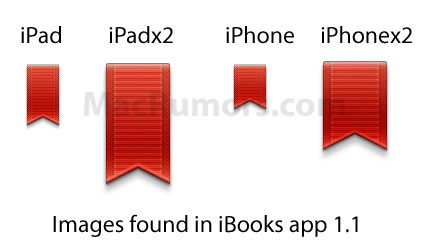
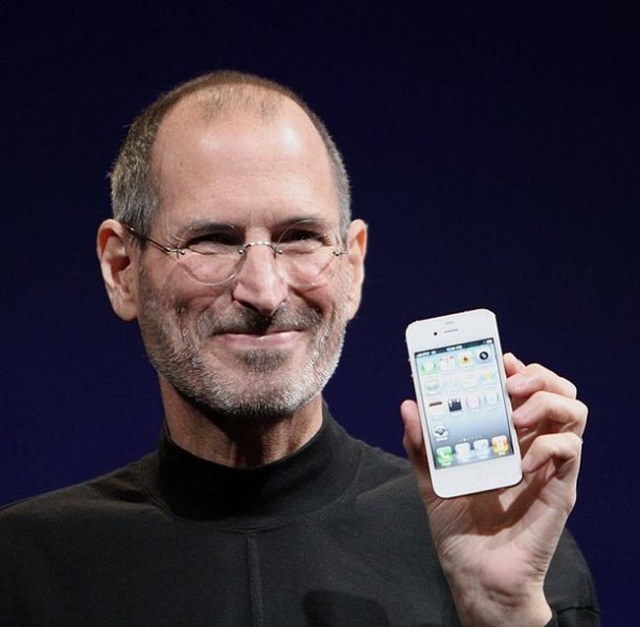

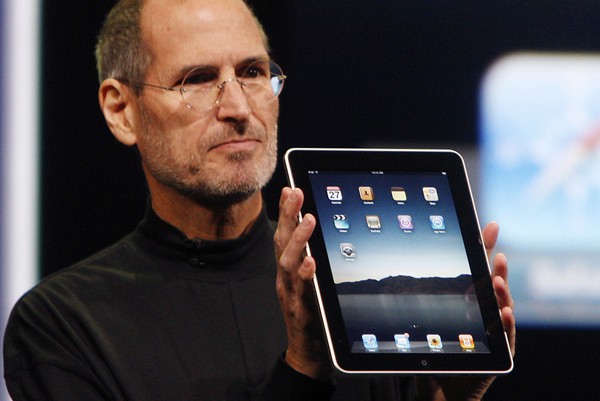
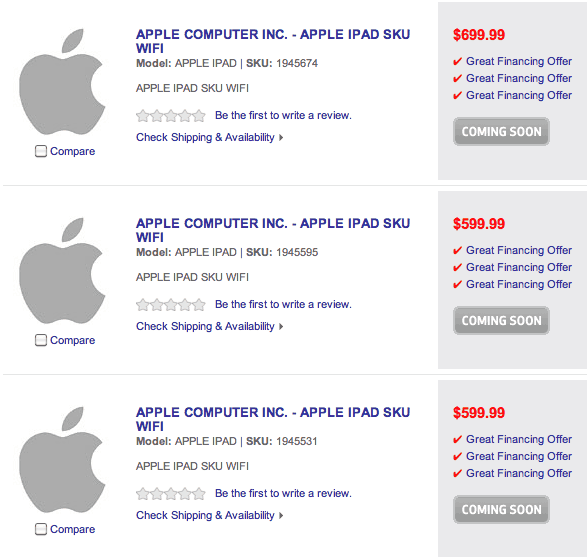




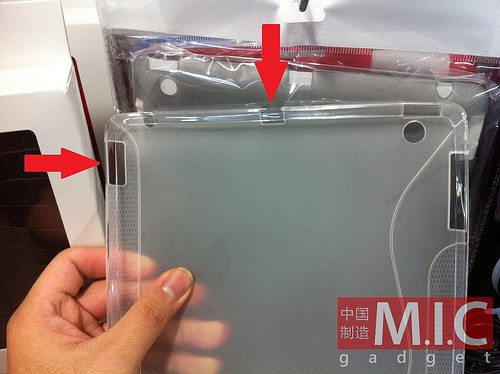
![Buy Your Lovebug This Cute Doodle Bug Laptop Bag [Review] P11004301.jpg](https://www.cultofmac.com/wp-content/uploads/2011/01/P11004301.jpg)
